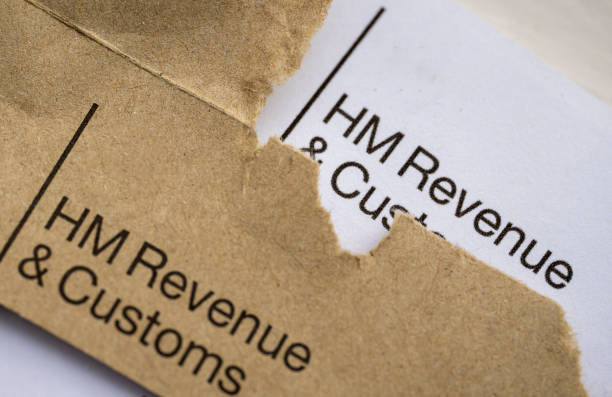
by Simon Watkins | Mar 6, 2025
Executive Summary The UK tax advice market operates with minimal regulation, creating significant risks for both taxpayers and HMRC. Anyone can establish themselves as a tax adviser regardless of qualifications or competence, as illustrated by the R&D tax relief...

by Simon Watkins | Mar 6, 2025
A comprehensive report on the UK tax advice market has revealed alarming gaps in regulation that leave both taxpayers and public finances vulnerable to significant harm. The report, published by TaxWatch, includes testimony from victims of mis-selling of financial...

by Simon Watkins | Nov 14, 2024
The Government has summarised responses received to a consultation on raising standards in the tax advice market undertaken by the previous Government. Autumn Statement set out new measures and further consultation. These measures completely ignore the findings from...

by Claire Aston | Mar 14, 2024
TaxWatch notes with interest the launch of a Government consultation to strengthen regulations in the tax advice sector, with an alarming 25% of tax liabilities being non-compliant for businesses within self-assessment. Given the 30-month hiatus since the outcome of...

by Dr Pete Sproat | Apr 17, 2023
Following an era of austerity and a series of tax scandals, there has been a sea change in the public attitude towards tax evasion and those who create elaborate tax avoidance schemes that go against the spirit of the law. One aspect of this change is the increased...






